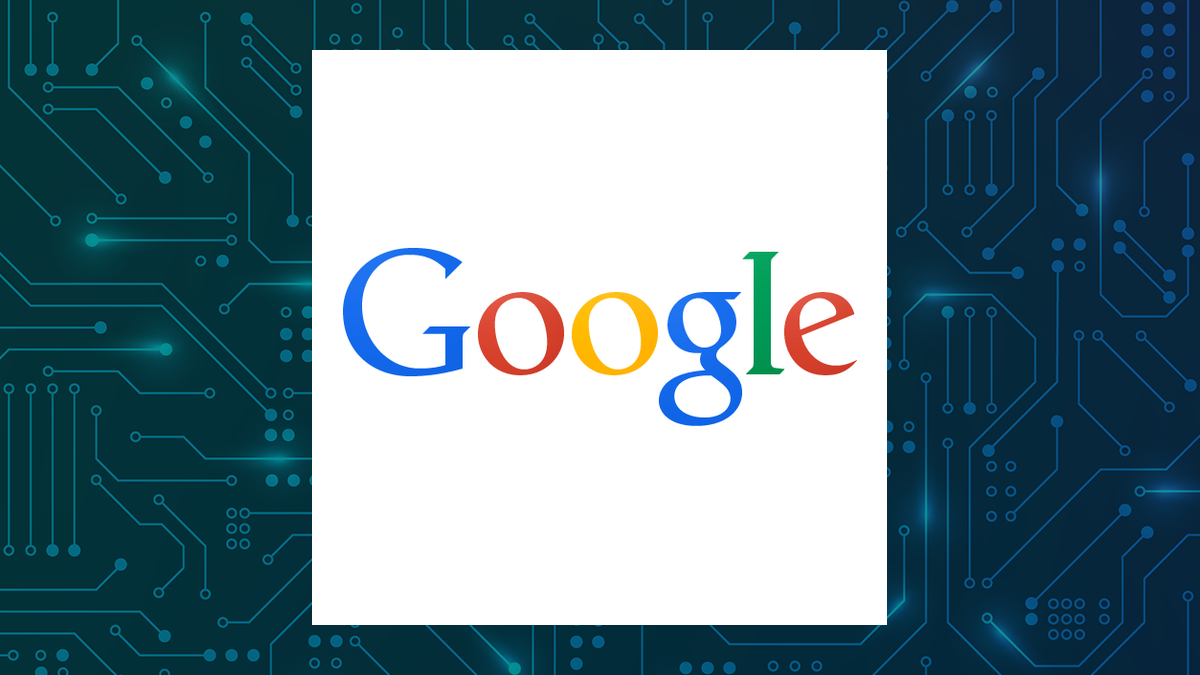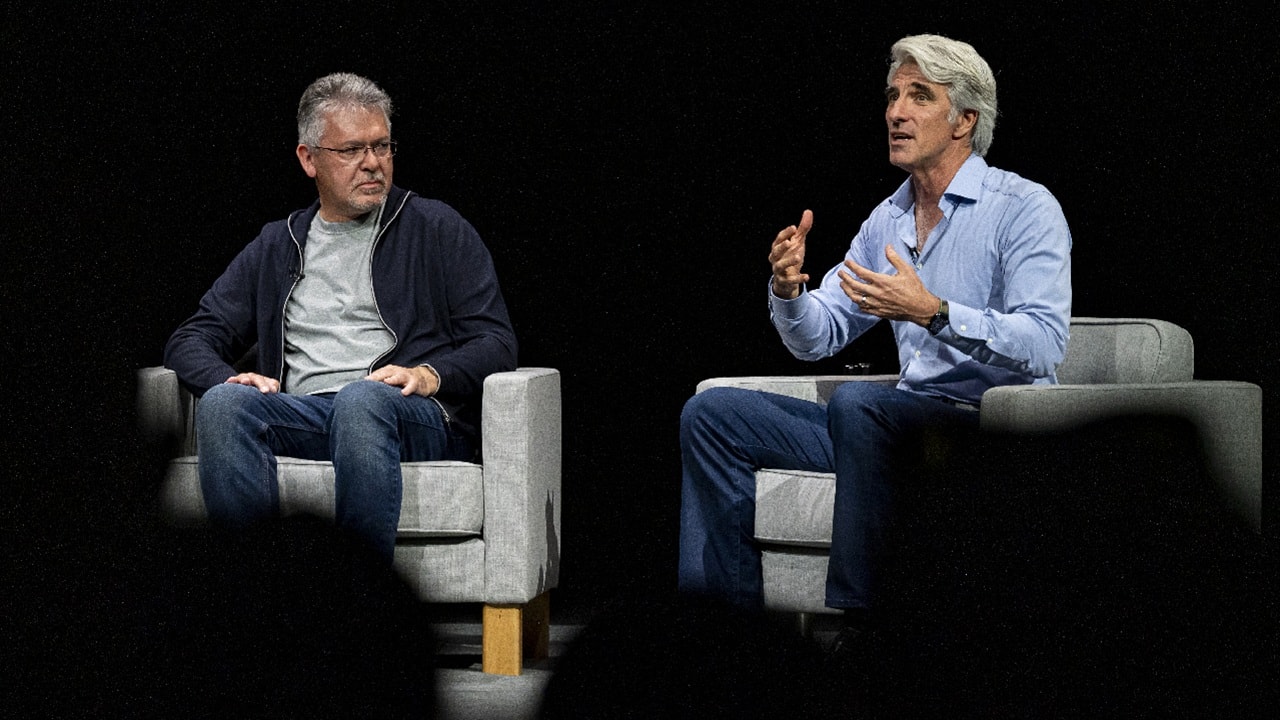Washington, DC is One of the Star Hubs in AI AI

As U.S. tech giants double down on artificial intelligence, the economic gains tied to the industry’s rapid expansion are clustering in a relatively small number of cities—leaving much of the country behind.
That’s the conclusion of a new report from Brookings Metro, a research arm of the Brookings Institution, which analyzed 195 metropolitan areas across three measures of AI readiness: talent, innovation, and adoption. The study categorized metro areas into six tiers, ranging from “Superstars” to “Others,” based on their relative strength in producing AI-capable workers, fostering innovation through research and development, and incorporating AI into the private sector.
At the top of the list are the usual suspects. The San Francisco and San Jose metropolitan areas—home to tech powerhouses like Alphabet Inc. (GOOGL), Apple Inc. (AAPL), and Meta Platforms Inc. (META)—earned the “Superstar” designation for their unparalleled performance across all three metrics. Together, the two Bay Area hubs accounted for 13% of all U.S. job postings requiring AI skills.
Just below them is a group of 28 “Star Hubs,” which includes Seattle, Austin, and Washington, D.C., each boasting a robust combination of AI talent, R&D activity, and industry adoption. Collectively, these top 30 metro areas—the Superstars and Star Hubs—captured two-thirds of all AI-related job postings nationwide.
But the report also points to signs of geographic diffusion. Fourteen “Emerging Centers”—including Pittsburgh; Detroit; Madison, Wis.; and Huntsville, Ala.—excelled in two of the three pillars, suggesting a broader distribution of AI capacity beyond the coastal tech strongholds. An additional 29 “Focused Movers” showed notable strength in a single area, while maintaining modest foundations in the others.
“While the Bay Area’s dominance isn’t going down, we see other places rising up the ranks,” said , a senior research assistant at Brookings Metro. “Compared to our last assessment in 2021, the AI landscape has become more distributed.”
Still, the disparity remains stark. Over 60% of U.S. metro areas landed in the bottom two categories—“Nascent Adopters” and “Others”—indicating gaps in local talent pipelines, research infrastructure, and commercial implementation. These cities, Brookings notes, risk being left behind as AI transforms the economy.
The findings arrive as federal and state policymakers push to expand AI capacity across a wider swath of the country, in an effort to bridge regional divides in innovation and opportunity. Whether those efforts can keep pace with the breakneck growth in top-tier cities remains an open question.
You may also like...
Diddy's Legal Troubles & Racketeering Trial

Music mogul Sean 'Diddy' Combs was acquitted of sex trafficking and racketeering charges but convicted on transportation...
Thomas Partey Faces Rape & Sexual Assault Charges

Former Arsenal midfielder Thomas Partey has been formally charged with multiple counts of rape and sexual assault by UK ...
Nigeria Universities Changes Admission Policies

JAMB has clarified its admission policies, rectifying a student's status, reiterating the necessity of its Central Admis...
Ghana's Economic Reforms & Gold Sector Initiatives

Ghana is undertaking a comprehensive economic overhaul with President John Dramani Mahama's 24-Hour Economy and Accelera...
WAFCON 2024 African Women's Football Tournament

The 2024 Women's Africa Cup of Nations opened with thrilling matches, seeing Nigeria's Super Falcons secure a dominant 3...
Emergence & Dynamics of Nigeria's ADC Coalition

A new opposition coalition, led by the African Democratic Congress (ADC), is emerging to challenge President Bola Ahmed ...
Demise of Olubadan of Ibadanland
Oba Owolabi Olakulehin, the 43rd Olubadan of Ibadanland, has died at 90, concluding a life of distinguished service in t...
Death of Nigerian Goalkeeping Legend Peter Rufai

Nigerian football mourns the death of legendary Super Eagles goalkeeper Peter Rufai, who passed away at 61. Known as 'Do...




